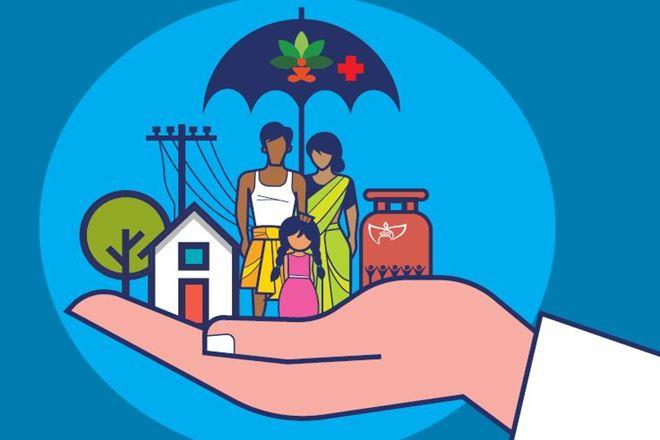Category: Blog
-

Role of Media in Policymaking
Media as Quintessence of Democracy Labeled as the “fourth estate” in democratic societies, the media possesses a distinctive capability to influence and shape government policies. Normatively ascribed the role of a “watchdog” with a capacity to contribute to institutional change, the media holds the political elite accountable, reflects the needs of the audience, and exposes…
-
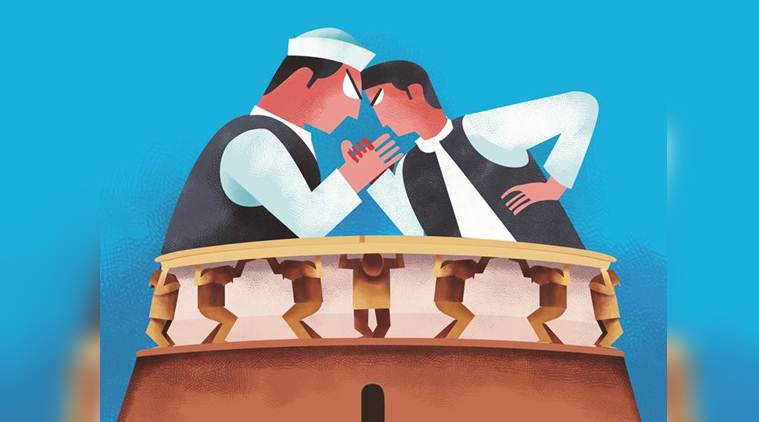
Parliamentary Privileges: Essential for an Empowered Legislature or Abuse of Power?
The term privilege can be defined as an exemption, special right, advantage or immunity to a particular person or group of persons in a layperson’s terms. In law, privilege is an advantage enjoyed by a person or an association where people are exempted from some duty, burden, attendance or liability. Parliamentary Privileges are certain rights…
-
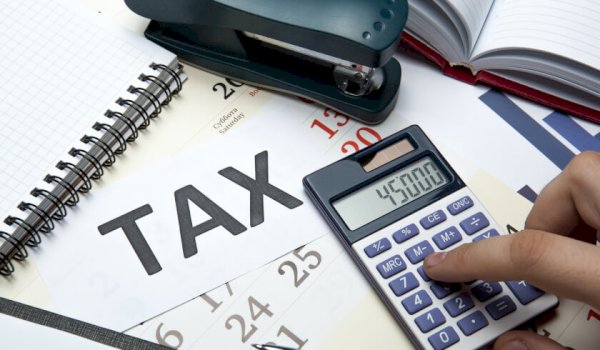
The Direct Tax Vivad Se Vishwas Act, 2020: Is Tax Recovery an Alternative for Tax Policy Reforms?
On 5th February 2020 the Finance Minister introduced “The Direct Tax Vivad se Vishwas Bill, 2020” in the Lok Sabha. The primary objective of this Bill was to provide a solution for income tax disputes which are pending. Thereafter, some official amendments were proposed by the key stakeholders. After the amended Bill was passed by the…
-
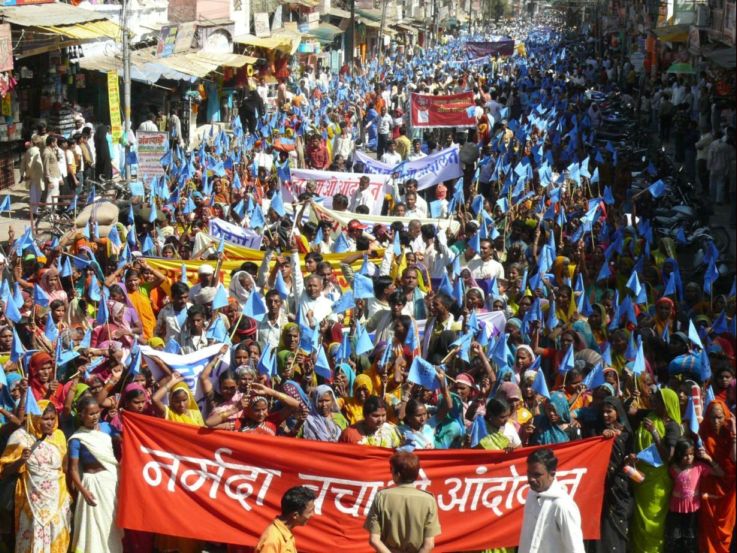
Activism in Policy Making: Creating Socio Political Change
By Keerthana Chavaly, Lady Shri Ram College for Women, New Delhi & Gargi Kothiyal, Graphic Era (Deemed University), Dehradun Public policy can be defined as ‘government action to address public issues’. It is essentially a government decision undertaken to pursue a certain goal or objective which may or may not be enforceable at the Central,…
-
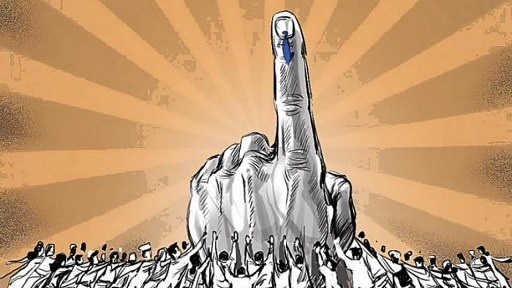
Simultaneous Elections in India: To Be or Not to Be?
By Madalsa Jain, Damodaram Sanjivayya National Law University, Visakhapatnam. Chaired by Justice B.S. Chauhan, Law Commission of India released its draft report on simultaneous elections on 30th August, 2018, which was submitted to the Law Ministry. The concept of ‘One Nation, One Election’ gave birth to the debate of simultaneous elections. The Commission analyzed the…
-
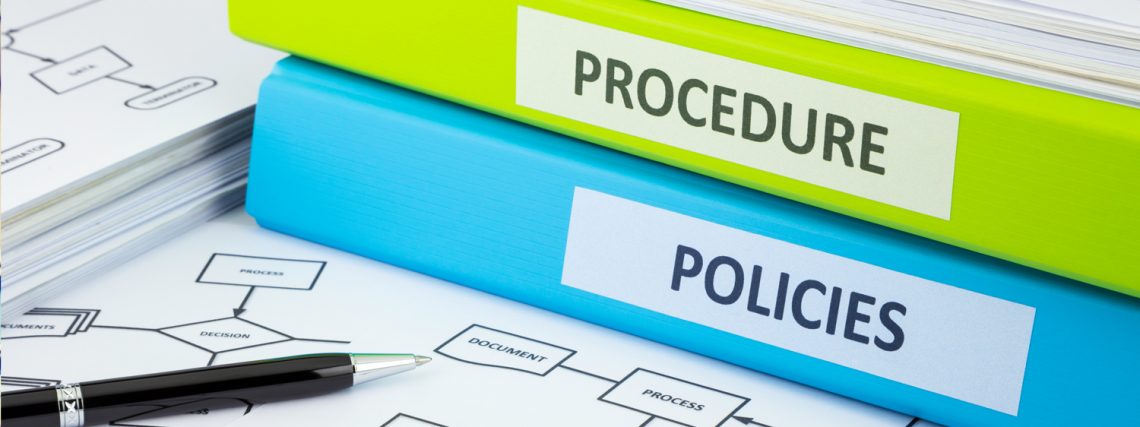
Understanding the Law and Policy Interface in India
For delving deeper into the domain of Public Policy it is necessary to fully understand the interface between law and policy. However, when deciphering the policy landscape concerning the law, several questions dealing with the interrelation of law and policy tend to confuse us. To simplify and demystify the law and policy interface, let’s try…
-
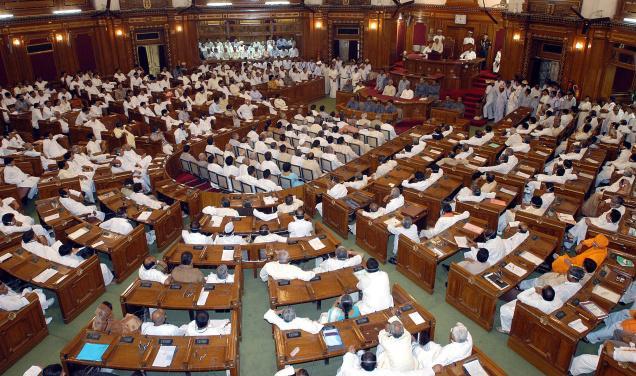
Understanding the Policy Cycle in the Indian Context
By Elizabath Pappachan, Indian Institute of Technology Madras. Policy is a course of action, selected from various alternatives, that an individual or an organisation adopts, which influences the present and future decision making. Policy cycle is the most optimal model through which policies are made, put into action and evaluated. It is described usually in…
-

Understanding Public Policy in India
In an ideal democracy, people and their well being is at the core of an exemplary Public Policy mechanism. It is thus crucial that we demand that our policies must be in line with the existing realities of the country. But before we can do that, we must understand Public Policy. Barring all the definitions…
-
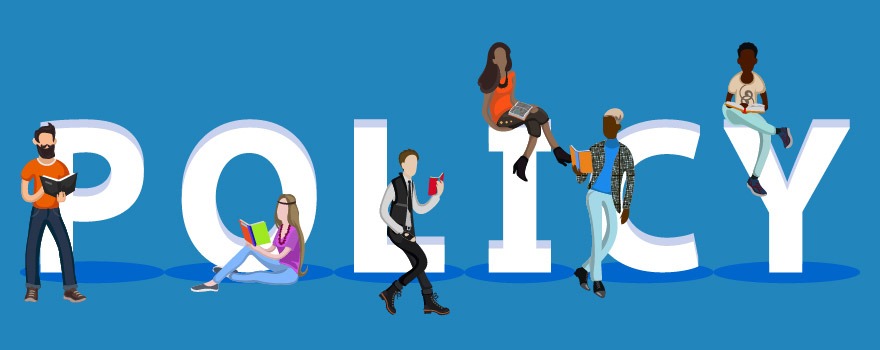
What connotes Public Policy?
By Lakshmi Kailasan, Vivekananda Institute of Professional Studies, New Delhi. Public Policy helps in removing deficiencies and improving conditions in a particular area of interest to the public. It helps the policy making agencies to assess public dealing methods and leads to an advancement of public administration. It further helps to examine what the government…

